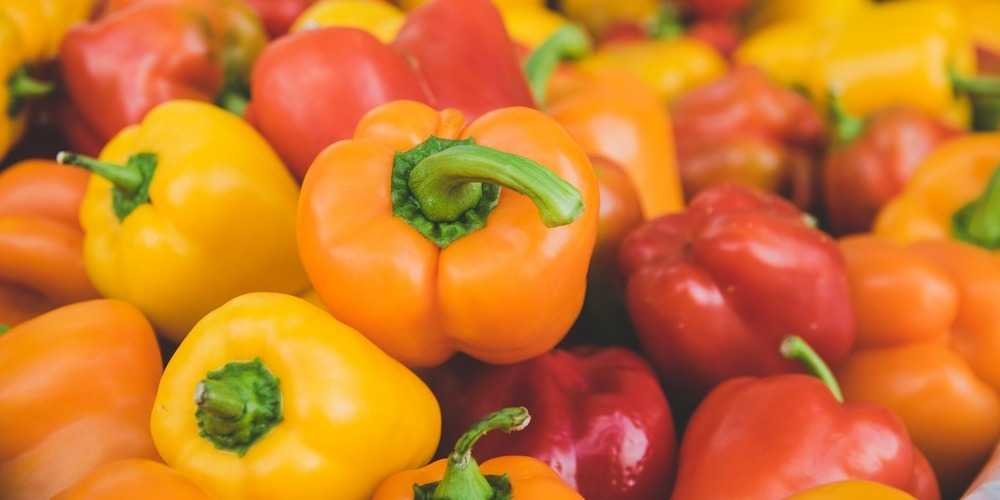
4 Foods to Protect Blood Vessels and Prevent Myocardial Infarction! The Dietary Taboos for Patients with Myocardial Infarction Are Not Only Low-fat and Low-sugar
Acute myocardial infarction, the main cause of death for heart disease patients, has gradually become younger in recent years. In addition to smoking and high blood pressure, common risk factors include poor eating habits.
What foods can prevent cardiovascular blockage? What are the dietary taboos for myocardial infarction that we should pay special attention to? This article gives you an in-depth explanation.
20% of myocardial infarctions have no signs! Dietary Focus on Preventing Myocardial Infarction
The main symptoms of patients with myocardial infarction include chest tightness, night sweats, palpitations, hiccups, nausea, vomiting, weakness, dizziness, etc. However, about 15 to 20% of patients do not have the above symptoms, but suddenly have difficulty breathing, heart failure, or even sudden death. Among them, Mainly the elderly and older patients suffering from diabetes. Therefore, people with heart disease or those at high risk of heart disease should improve their daily diet as soon as possible to prevent it from happening.
According to research, compared with eating fruits and vegetables more than 3 times a day compared with less than once a day, people who eat fruits and vegetables more than 3 times a day can not only reduce the incidence and mortality of stroke, but also reduce ischemia by about 27% to 42%. The mortality rate from heart disease, myocardial infarction and other cardiovascular diseases shows that adequate intake of fruits and vegetables is an indispensable part of cardiovascular health care. Here are 5 foods that can help prevent cardiovascular disease.
Prevent cardiovascular blockage! 4 top “heart-protecting” foods
1.Tomato
Tomatoes contain thione, which can maintain normal cell metabolism, inhibit the activity of tyrosine, promote skin and visceral pigmentation or reduce inflammation, enhance gastric acid (those with excessive gastric acid can eat less), and prevent myocardial infarction or other heart diseases. Vascular diseases, anti-aging, and effectively reduce the formation of age spots, and its rich lycopene is a natural antioxidant that helps reduce the risk of cancer and heart disease.
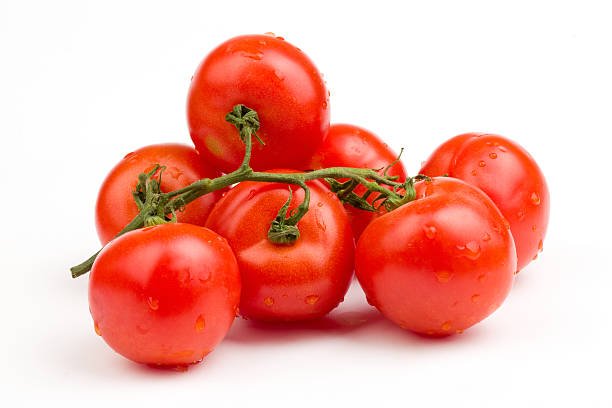
2.Bell pepper
Bell pepper has the function of enhancing resistance and stimulating brain cell metabolism. Eating bell peppers can cause the body to heat up and sweat, break down body fat and consume calories, and can stimulate oral salivary glands and gastric juice to aid digestion. In addition, the vitamin A and vitamin C contained in bell peppers can also help reduce blood viscosity and prevent atherosclerosis.
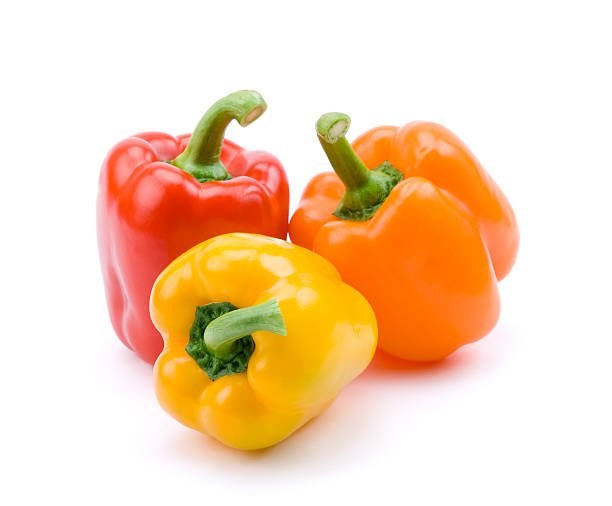
3.Eggplant
Eggplant contains vitamin P, which is mainly composed of Citrin, Rutin, Hesperidin, Flavones and Flavonals, which can strengthen capillaries and adjust absorption capacity. .
In addition, vitamin P can also help with the absorption of vitamin C, which together maintains connective tissue health, prevents bruises, bleeding, and increases resistance to disease.
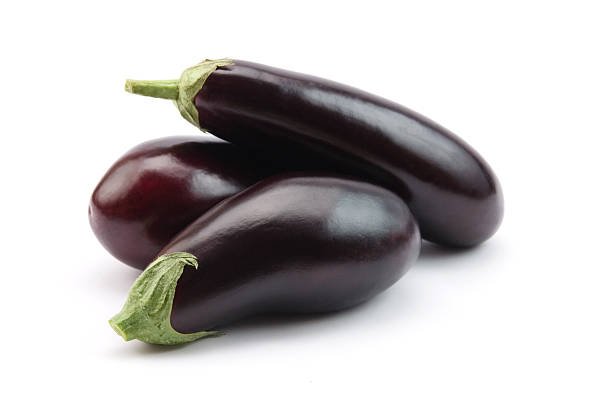
4.Chickpeas
According to the Food Nutrients Database, every 100 grams of chickpeas has about 19.4 grams of protein and contains 9 essential amino acids for the human body. It is a high-quality source of protein for vegetarians. In addition, chickpeas are rich in dietary fiber, which can effectively prolong the feeling of satiety and are beneficial to dieters who need to suppress their appetite. Not only that, chickpeas are also rich in vitamins C, K, B complex and minerals, which can help maintain blood pressure and reduce the risk of cardiovascular disease.
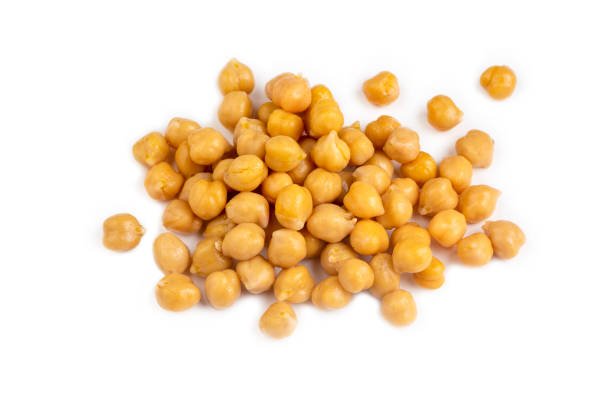
Be careful with these 6 dietary taboos for myocardial infarction!
For patients who have had myocardial infarction, it is absolutely indispensable to change their daily habits, including engaging in regular exercise, quitting smoking, and taking medications on time. In addition, daily diet control is also very important. Here are 6 dietary taboos that patients with myocardial infarction must know:
- Be careful of excessive calorie intake:
Since the digestion, absorption and metabolism of food require the participation of a large amount of blood, adopting a low-calorie diet can reduce the load on the heart. After the condition improves, the dietary intake can be gradually increased. - Avoid overeating:
Eating a large amount of food in one meal can easily increase the burden on the heart. It is recommended to eat small meals frequently and set the total daily food portion to maintain good health. - Avoid high-cholesterol and high-fat diets:
Patients who have had myocardial infarction should try to eat less fatty meats, chicken skins, pig skins, duck skins, fried foods, animal offal, shelled seafood (shrimp, crab, oysters) and egg yolks, etc. Food to avoid excessive intake of saturated fat and cholesterol, which may increase the risk of blood vessel blockage - Pay attention to sodium intake:
It is recommended that the daily sodium intake per person is limited to 2,400 mg (about 6 grams of table salt). Foods with high sodium content, such as salted food, fast food, processed food, bacon, soy sauce, and various sauces Food, etc., should be reduced as much as possible to reduce the risk of hypertension. - Drink less beverages containing high doses of caffeine:
Because caffeine can stimulate sympathetic nerves and cause a temporary increase in blood pressure, people who are in the acute stage of myocardial infarction or have high blood pressure should avoid or reduce their intake if they experience discomfort after drinking coffee. Beverages containing caffeine, and the average person drinking 1 to 2 cups of coffee per day (total caffeine <300 mg) will not cause harm to cardiovascular health. - Avoid sweets:
Eat less soda, juice, cakes, candies, chocolate and other high-sugar foods to avoid increasing blood fat in the body and increasing the risk of cardiovascular disease. -












